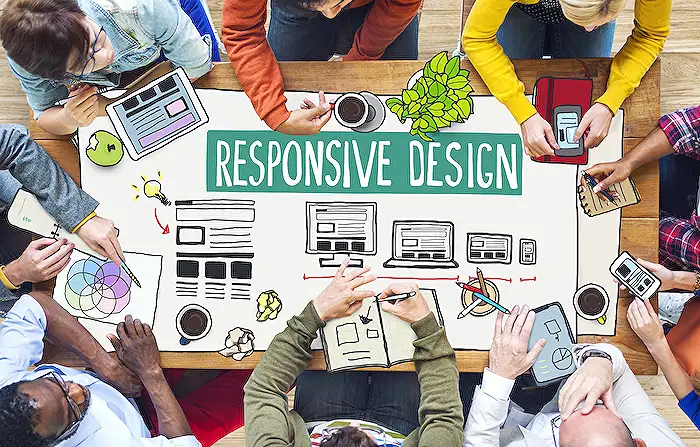Modernizing Your Power App - Part (2)
Revamp Your Power Apps for Efficiency with Our Workshop and Free Crash Course!
Key insights
- Discuss the challenges and methods for modernizing your Power Apps, focusing on upgrading from older technologies.
- Emphasize the shift from old controls and classic theming to using containers and modern features in Power Apps.
- Highlight the importance of transitioning from App.OnStart and groups to more recent methodologies.
- Encourage participation in educational resources like workshops and crash courses to better understand Power Apps.
- Remove specific references to external links and encourage a general pursuit of knowledge through workshops and courses in Power Apps.
Exploring the Modern Features of Power Apps
Power Apps, a platform from Microsoft, is continually evolving, making it crucial for developers to keep their applications up-to-date. This segment discusses essential upgrades and the transition from outdated methods to the latest functionalities. The focus primarily lies on abandoning older controls, themes, and structures like groups in favor of modern approaches such as using containers. This transition not only enhances the efficiency of the apps but also leverages the stronger, more integrated capabilities provided by recent updates to Power Apps. Developers are encouraged to seek further learning through various available resources to fully harness the potential of these new features.
In his recent YouTube video, Darren Neese offers insights on updating older Power Apps to utilize the latest features offered by Microsoft. The emphasis is on moving away from outdated elements and embracing modern controls and themes. This change can significantly enhance the functionality and user experience of the applications.
The video segment initially addresses the common issues faced with older applications. These often include outdated methods such as App.OnStart and the use of classic theming and groups instead of containers. Such elements can lead to inefficiencies and a less intuitive user interface, which hampers user interaction and operational flow.
Neese discusses the transition towards modernizing these applications by adopting the new features in Power Apps. He explains that making this shift is not just about enhancing aesthetic appeal but also about leveraging improved performance and expanded functionality. This approach can dramatically transform how businesses utilize their custom apps, making them more agile and responsive to user needs.
- Understanding old vs. new Power Apps features
- Practical steps to upgrade outdated elements
- Benefits of modernizing Power Apps
By demonstrating practical upgrade methods, Neese provides viewers with actionable steps to revamp their Power Apps. This includes detailed guidance on how to replace old controls with new ones, how to update themes, and how to make the best use of containers.
The benefits of adopting these new features are also clearly outlined, with an emphasis on the improved user experience and operational efficiency that can be achieved. Viewers are encouraged to utilize these modern features to not only keep their applications up-to-date but also to optimize them for better performance.
The tutorial is aimed at both beginners and seasoned professionals using the Power Apps platform. By the end of the session, viewers should feel well-equipped to tackle the modernization of their own Power Apps and enjoy the benefits therein.

People also ask
"What is the difference between Power Apps Plan 1 and 2?"
PowerApps Plan 1 offers capabilities for storing and managing data through access to the Common Data Service, use of premium connectors, on-premises data access, and the ability to execute canvas apps developed atop Common Data Services. PowerApps Plan 2 expands on these features, enabling the execution of model-driven apps, implementation of code plug-ins, and execution of real-time workflows.
"What is included in Power Apps Plan 2?"
PowerApps Plan 2 serves as the principal suite for building robust Line-of-Business (LOB) applications compatible with mobile and web platforms. This plan harnesses the extensive capabilities of CDS for Apps to create potent, standalone model-driven applications as well as to enhance Dynamics 365 with customized LOB apps.
"What's the new Power Apps March 2024 feature update?"
The March 2024 update for Power Apps enhances app performance with direct calls to SQL Server stored procedures from Power Fx. This feature is an advanced addition to the existing capability, allowing not only typical CRUD operations on tables and views but also interfacing directly with stored procedures.
"How to make Power Apps better?"
Refer to the Power Apps Performance Optimization Guidelines for best practices and techniques to enhance the efficacy and efficiency of your Power Apps.
Keywords
Modernizing Power App, Update Power Apps, Power Apps Development, Advanced Power Apps Techniques, Power Apps Best Practices, Improve Power Apps, Power Apps Customization, Power Apps Integration Solutions
